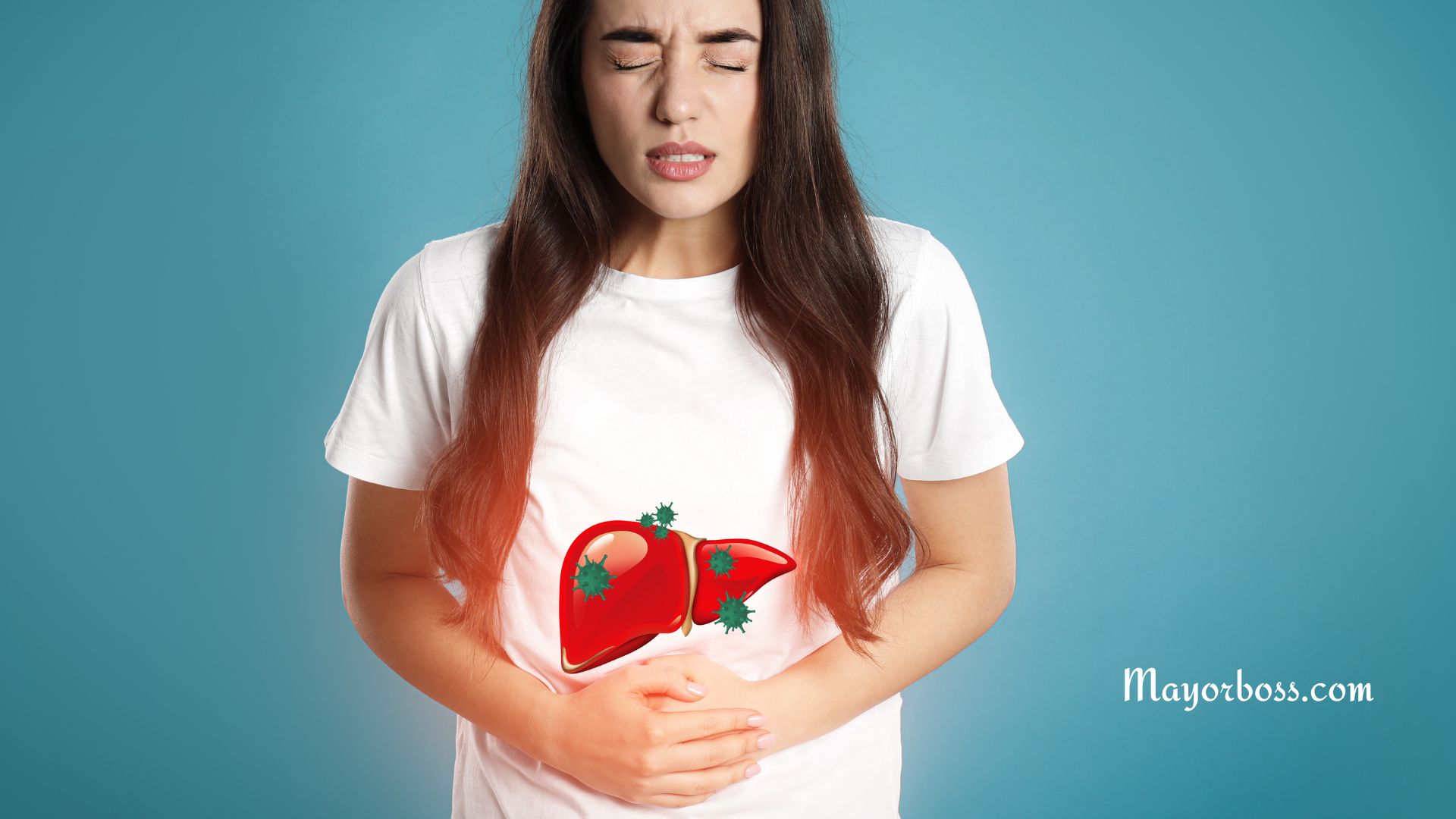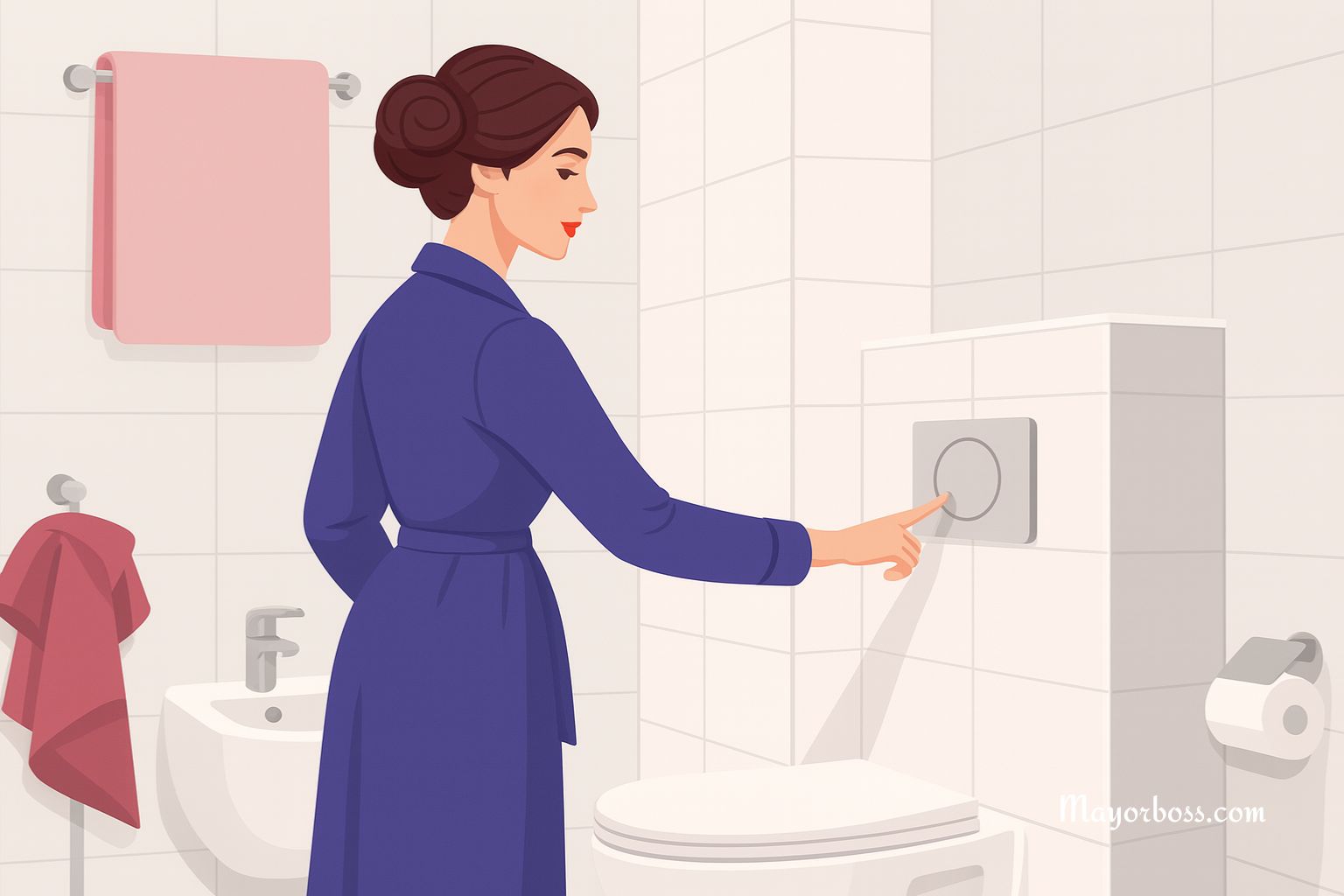What’s Causing Pain in My Lower Left Abdomen?
What’s causing pain in my lower left abdomen? Pain in your lower left abdomen can often be chalked up to simple causes like gas or constipation. However, it can also signal more serious issues such as diverticulitis, abdominal hernias, testicular torsion, or even conditions specific to women, like menstrual pain, endometriosis, or ovarian cysts.

What’s Causing Pain in the Lower Left Abdomen?
Gas and Bloating
You might think a little gas is nothing to worry about, and you’re often right. Gas forms when bacteria in your intestines break down food. When gas builds up, it has to go somewhere, and sometimes that “somewhere” is your lower left abdomen.
Constipation
Similarly, constipation can be another typical culprit. It happens when stool moves too slowly through the digestive tract, causing it to become hard and dry. This can create a blockage and pressure, hence the pain.
Indigestion
Indigestion is yet another common cause. Symptoms include discomfort or a burning feeling in your upper abdomen, and this discomfort can sometimes radiate down to the lower abdomen.
Diverticulitis
This one’s a bit more serious. Diverticulitis occurs when small pouches in your intestines called diverticula become inflamed or infected. Symptoms often include severe pain in the lower left side of the abdomen.
Abdominal Hernia
An abdominal hernia happens when an organ pushes through an opening in the muscle or tissue that holds it in place. If this occurs in the lower left abdomen, you’ll probably feel pain and might see a bulge.
Kidney Stones
If you’ve ever had kidney stones, you know how painful they can be. These small, hard mineral deposits can cause extreme discomfort, often in the lower left or right abdomen.
Testicular Torsion
For men, testicular torsion is an urgent condition that can cause lower abdominal pain. It happens when the spermatic cord, which provides blood flow to the testicle, twists and cuts off the blood supply. Immediate medical attention is crucial to save the testicle.
In Women: Menstrual Pain, Endometriosis, Ectopic Pregnancy, PID, and Ovarian Cysts
Women have a few more things to consider. Menstrual pain can cause cramping in the lower abdomen, and sometimes, this is felt more on the left side. Endometriosis is a condition where tissue similar to the lining of the uterus grows outside the uterus, which can cause severe pain. Ovarian cysts are fluid-filled sacs that can form in the ovaries and can also be a source of pain.
In women, Pelvic inflammatory disease (PID) is an infection of the reproductive organs, often causing pain in the lower abdomen. It usually results from sexually transmitted infections and needs prompt medical attention.
Another serious condition for women is an ectopic pregnancy, where a fertilized egg implants outside the uterus, usually in the fallopian tube. This is a medical emergency that can cause severe lower abdominal pain.
When Should You See a Doctor?
Persistent Pain
If you experience persistent or severe pain, it’s definitely time to see a doctor. They can perform tests to get to the root of the problem.
Accompanying Symptoms
If your abdominal pain is accompanied by other symptoms such as fever, nausea, or vomiting, it’s crucial to consult a healthcare professional immediately.
Changes in Bowel Habits
Changes in your bowel habits, like blood in your stool or changes in stool color or consistency, also warrant a medical consultation.
Diagnosis and Treatment
Tests and Imaging
To diagnose the cause, doctors often use tests like ultrasound, X-rays, or MRI scans.
Medication and Surgery
For less severe conditions like gas or constipation, over-the-counter medications often do the trick. However, more serious conditions like diverticulitis or hernias might require surgery.
Lifestyle Changes
Sometimes, simple lifestyle changes can help. For instance, a high-fiber diet can alleviate constipation, while avoiding certain foods can minimize gas.
So there it is: Your lower left abdominal pain could be something as simple as gas or as serious as a medical condition requiring surgery. The key is to pay attention to your body and consult a healthcare professional if symptoms persist.
Further Reading: Why You Should Never Ignore Stomach Symptoms






